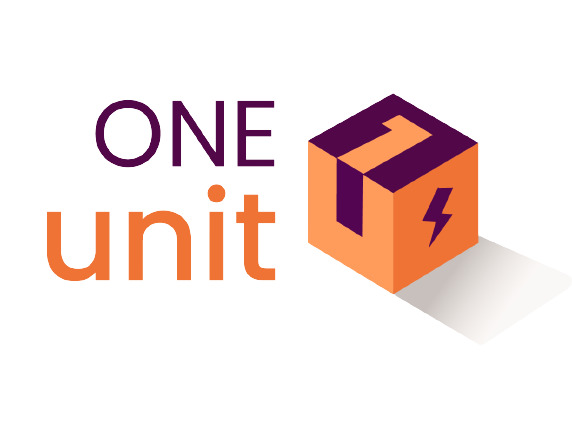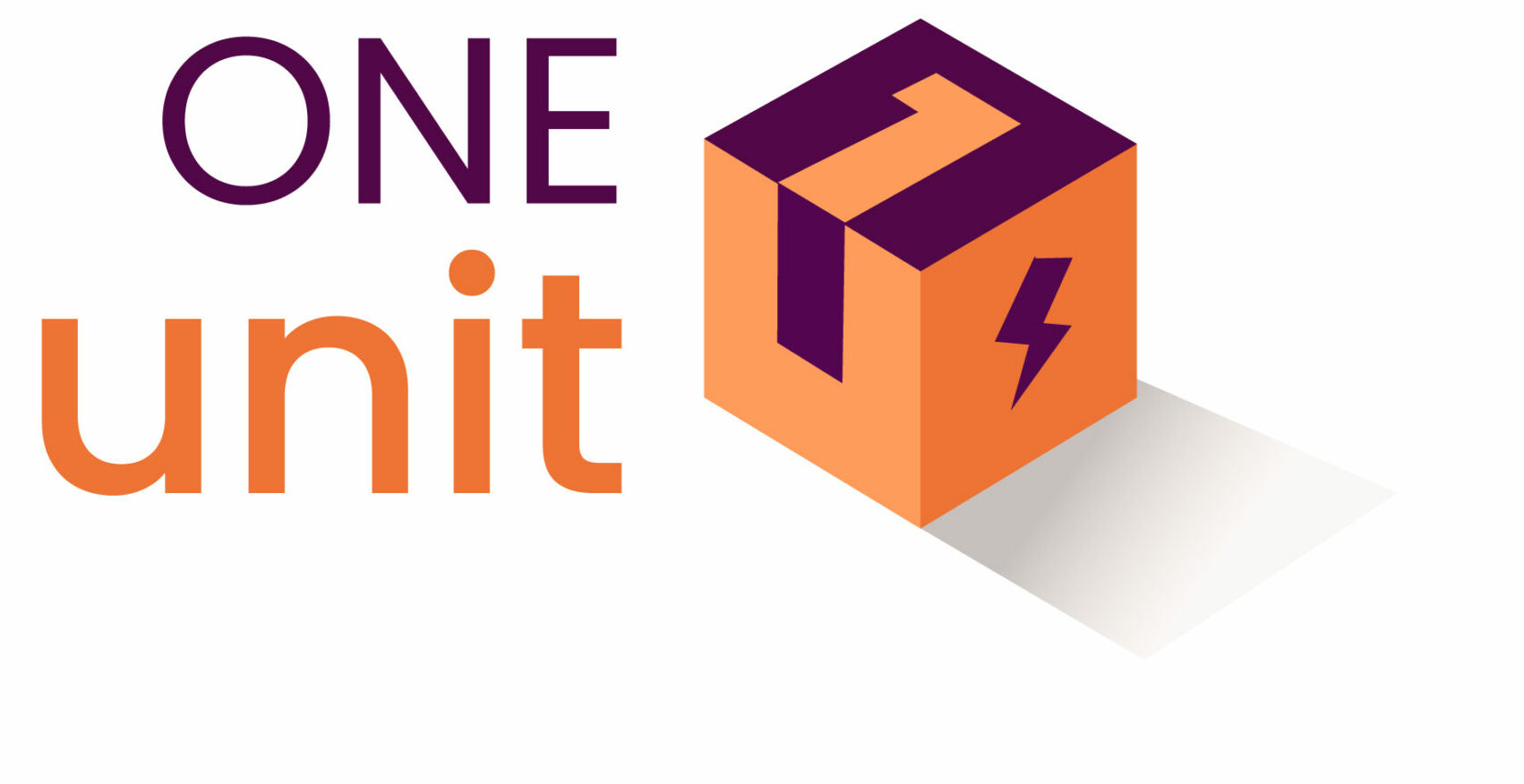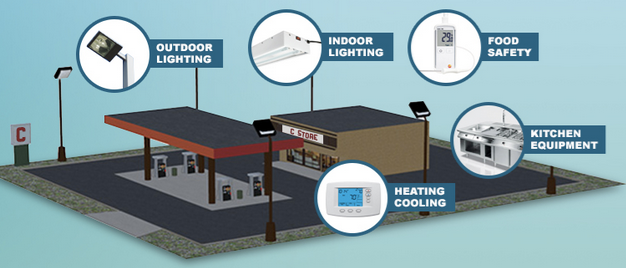Energy Monitoring for Small Businesses: Cost-Efficient Solution
Monitoring energy usage is essential for small businesses to reduce costs and improve sustainability. A cost-efficient solution for energy monitoring includes:

- Smart Meters: Install smart meters to track electricity, gas, and water usage in real-time. Many utility companies offer these meters, and they provide accurate data without manual readings.
- Energy Management Software: Utilize energy management software that can analyze your energy data, identify trends, and suggest areas for improvement. Some solutions are free or have low subscription costs.
- Energy Audits: Conduct regular energy audits to pinpoint areas of inefficiency. Many utility companies offer free or low-cost energy audits for small businesses.
- Energy-Efficient Equipment: Invest in energy-efficient appliances, lighting, and HVAC systems. Look for ENERGY STAR-rated products that consume less energy.
- Occupancy Sensors: Use occupancy sensors to control lighting and HVAC in areas with fluctuating usage, such as meeting rooms or bathrooms.
- Employee Awareness: Educate your employees about energy conservation practices, like turning off lights and equipment when not in use.
- Remote Monitoring: Consider remote monitoring solutions that allow you to track energy usage and make adjustments from anywhere, often via a smartphone app.
- Renewable Energy: If feasible, explore renewable energy sources like solar panels to generate your electricity and reduce reliance on the grid.
- Energy-Efficient Practices: Implement energy-efficient workplace practices, such as adjusting thermostat settings and using natural light whenever possible.
- Benchmarking: Compare your energy usage to industry benchmarks to identify areas where you can improve efficiency.
Benefits:
Energy monitoring for small businesses offers several benefits, making it a cost-efficient solutions
- Cost Savings: By tracking energy usage in real-time, businesses can identify areas of waste and implement strategies to reduce energy consumption, leading to significant cost savings on utility bills.
- Efficiency Improvement: Energy monitoring helps identify inefficient equipment and processes, allowing businesses to make informed decisions about upgrades or maintenance to improve overall efficiency.
- Predictive Maintenance: Monitoring can detect equipment issues early, reducing unexpected breakdowns and maintenance costs, as well as extending the lifespan of machinery
- Optimized Scheduling: With data on peak energy usage times, businesses can schedule energy-intensive tasks during off-peak hours, taking advantage of lower electricity rates.
- Environmental Benefits: Reducing energy consumption also lowers a business’s carbon footprint, contributing to environmental sustainability and aligning with corporate social responsibility goals.
- Regulatory Compliance: Some regions require businesses to report and reduce energy usage to comply with regulations. Energy monitoring helps with accurate reporting and ensures compliance.
- Budgeting and Planning: Access to historical energy data enables better budgeting and long-term planning, helping businesses anticipate and manage energy costs.
- Insurance Benefits: Some insurance companies offer lower premiums to businesses that implement energy-efficient practices, making energy monitoring a potential cost-saving factor in insurance.
- Resilience: Monitoring helps businesses prepare for power outages by understanding their energy needs, enabling them to invest in backup power solutions strategically.
- Data-Driven Decision-Making: Energy monitoring provides data that can guide informed decision-making regarding energy investments, such as the adoption of renewable energy sources or energy-efficient equipment.
Drawbacks:
While energy monitoring offers various benefits, there are also some drawbacks for small businesses to consider:
- Initial Costs: mplementing an energy monitoring system can come with upfront costs for equipment, software, and installation, which might be a barrier for small businesses with tight budgets.
- Data Overload: Monitoring systems generate a lot of data. Small businesses may struggle to analyze and interpret this data, making it challenging to derive actionable insights.
- Privacy Concerns: Monitoring energy usage can raise privacy concerns among employees who may be uncomfortable with the level of monitoring and data collection.
- Integration Challenges: Integrating energy monitoring systems with existing infrastructure or building management systems can be complicated, requiring additional investments and time.
- Limited Compatibility: Not all energy monitoring solutions are compatible with every type of equipment or facility, potentially limiting their usefulness in certain business settings.
- Data Security: Storing and managing energy data necessitates robust cybersecurity measures to protect sensitive information from potential breaches.
- Resistance to Change: Employees may resist changes in energy-related behaviors, making it challenging to implement energy-saving measures effectively.
- ROI Uncertainty: Small businesses may find it difficult to predict the exact return on investment (ROI) for energy monitoring, as savings can vary depending on the specific circumstances and how well the system is utilized.
- Overemphasis on Data: Focusing too much on data and monitoring can distract from broader sustainability and energy-efficiency strategies, which might include behavioral changes and process improvements.
Solutions:
To implement a cost-efficient energy monitoring solution for small businesses, consider the following options:
- Energy Audits: Many utility companies offer free or low-cost energy audits for small businesses. Take advantage of these services to identify areas for improvement.
- Submetering: Install submeters for specific areas or equipment to monitor their energy consumption separately. This can help pinpoint energy-wasting areas and allocate costs more accurately.
- Plug Load Monitors: Use plug load monitors for individual devices or appliances to understand their energy usage. These are relatively low-cost and provide insights into the energy hogs in your workspace.
- Energy Monitoring Hubs: Some energy monitoring hubs offer cost-effective solutions for small businesses. These devices can aggregate data from various sensors and meters.
- Energy-Efficient Equipment: Invest in energy-efficient appliances and equipment. While there might be initial costs, these upgrades can lead to long-term savings.
- Remote Monitoring Apps: Some energy monitoring apps and services can be accessed via smartphones and tablets, providing convenient and cost-effective remote monitoring.
- Cloud-Based Solutions: Explore cloud-based energy monitoring systems that require minimal on-site hardware and are cost-effective for small businesses.
- Government Incentives: Check for government incentives or grants aimed at promoting energy efficiency for small businesses. These can help offset the initial costs of energy monitoring solutions.
- Energy-Efficiency Loans: Investigate the availability of low-interest loans for energy-efficient upgrades and monitoring systems.
- Peer Networks: Join local or industry-specific peer networks or associations to learn from others who have successfully implemented energy monitoring solutions for small businesses.
Conclusion:
In conclusion, energy monitoring for small businesses presents a cost-efficient solution with numerous benefits. By implementing such systems, businesses can track and manage their energy usage effectively, resulting in cost savings, improved efficiency, and environmental sustainability. While there are challenges, including initial costs and data management, these can be mitigated through careful planning and the selection of appropriate solutions. Ultimately, energy monitoring empowers small businesses to make informed decisions, reduce operational expenses, enhance competitiveness, and contribute to a more sustainable and environmentally responsible future.
Call us on 8291366254
Mail us at: prashant.yadav@oneunit.in





